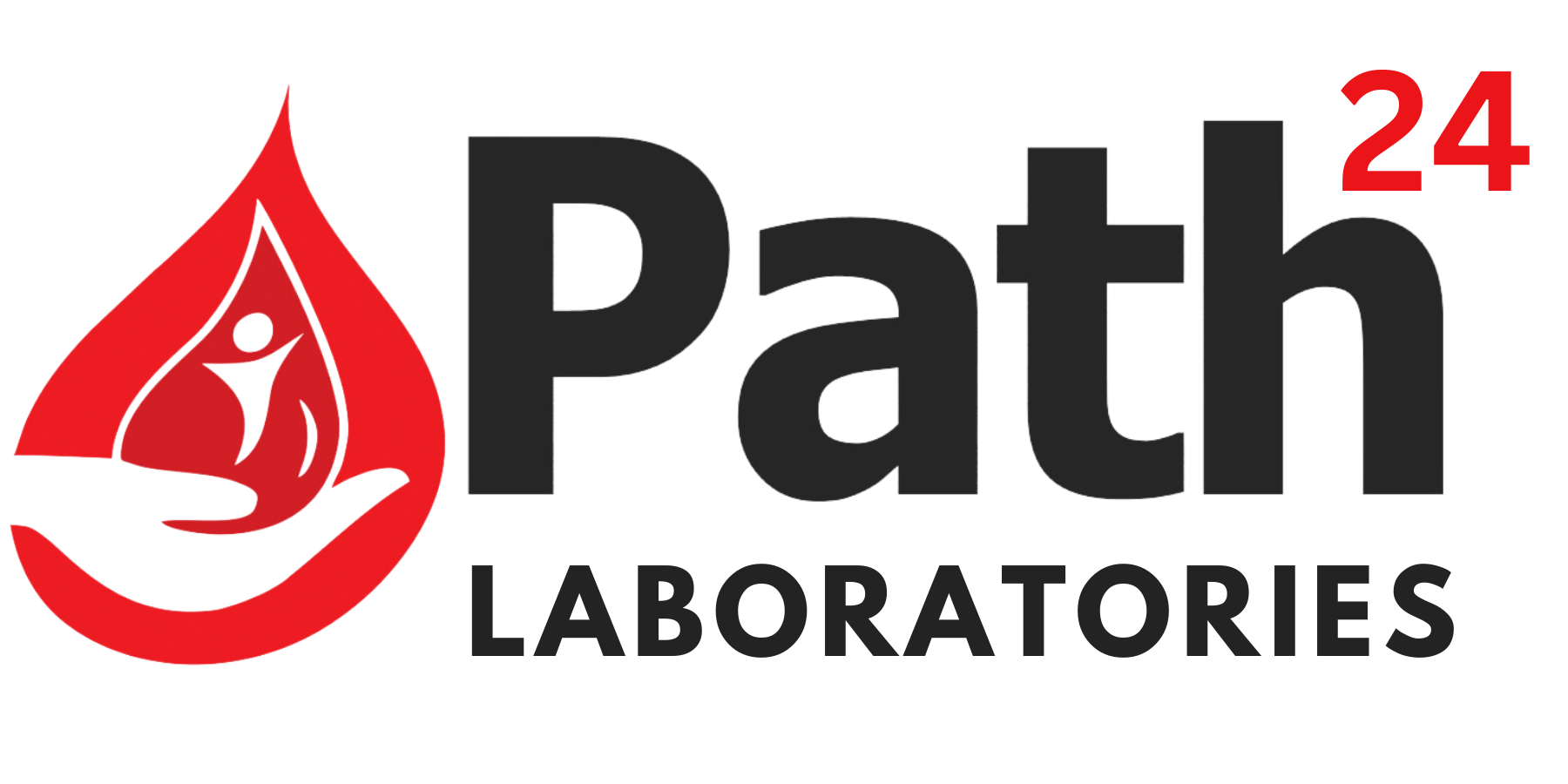Have you ever wondered what your blood work is really telling you? It’s more than just a list of numbers; it’s a window into your body’s inner workings. And while many factors influence these results, one of the most significant is something you have control over every single day: your nutrition.
Understanding the link between what you eat and your blood test results is a powerful tool for taking charge of your health. Let’s break down how your diet directly impacts key markers on your blood work and what you can do about it.
1. Cholesterol: The Good, the Bad, and the Food
Your cholesterol panel, which includes LDL (“bad” cholesterol), HDL (“good” cholesterol), and triglycerides, is a classic example of nutrition’s impact.
- Saturated and Trans Fats: Found in processed foods, fried items, and fatty cuts of meat, these fats are notorious for raising your LDL cholesterol. High levels of LDL can contribute to plaque buildup in your arteries, increasing your risk of heart disease.
- Soluble Fiber: Foods like oats, barley, apples, and beans are rich in soluble fiber. This type of fiber acts like a sponge, binding to cholesterol in your digestive system and helping to remove it from your body, which can help lower your LDL levels.
- Omega-3 Fatty Acids: Found in fatty fish like salmon, mackerel, and sardines, as well as in walnuts and flaxseeds, omega-3s are champions at lowering triglycerides. They also have anti-inflammatory properties that benefit overall heart health.
What to do: To improve your cholesterol numbers, focus on a diet rich in whole foods, lean proteins, and healthy fats. Limit your intake of processed snacks and fast food.
2. Blood Glucose: Balancing Your Sugar Intake
Your blood glucose (or blood sugar) level is a critical indicator of how your body is managing carbohydrates. This is particularly important for diagnosing and managing conditions like prediabetes and type 2 diabetes.
- Simple Carbohydrates: Sugary drinks, white bread, pastries, and other simple carbs are quickly broken down into glucose, causing a rapid spike in your blood sugar.
- Complex Carbohydrates and Fiber: Foods like whole grains, vegetables, and legumes are digested more slowly. This provides a steady release of glucose into your bloodstream, preventing those sharp spikes and crashes.
What to do: Opt for complex carbs over simple ones. Pair your carbs with protein and healthy fats to further slow down digestion and maintain stable blood sugar levels.
3. Iron and Vitamin Levels: Are You Getting Enough?
A complete blood count (CBC) often includes a look at your red blood cells, which can indicate iron deficiency anemia. Additionally, many people get blood tests to check for vitamin deficiencies, such as Vitamin D or Vitamin B12.
- Iron: The most common cause of iron-deficiency anemia is a diet low in iron-rich foods. This includes red meat, poultry, fish, and plant-based sources like lentils, spinach, and tofu.
- Vitamin B12: This vitamin is primarily found in animal products. Vegans and some vegetarians may be at risk for a deficiency and often need to supplement or consume fortified foods.
- Vitamin D: While sunlight is a primary source, dietary sources like fatty fish, fortified milk, and eggs play a role. Low levels can impact bone health and immune function.
What to do: Ensure your diet is balanced and includes a variety of vitamins and minerals. If you follow a restrictive diet, talk to your doctor about potential deficiencies and whether supplements are right for you.
4. Liver and Kidney Function: Supporting Your Detox Organs
Blood tests for liver enzymes (like ALT and AST) and kidney function (like BUN and creatinine) can show if these organs are under stress.
- High Alcohol and Sugar Intake: Both of these can put a significant burden on the liver, leading to elevated liver enzymes.
- Excessive Protein: While protein is essential, an extremely high-protein diet, especially from animal sources, can increase the workload on your kidneys.
- Hydration: Dehydration can negatively impact kidney function, so drinking enough water is crucial.
What to do: Moderate your alcohol and sugar intake. Focus on lean protein sources and, most importantly, stay well-hydrated throughout the day.
The Takeaway
Your blood work isn’t just a random set of numbers; it’s a reflection of your daily habits. By making conscious, nutritious choices, you can directly influence your cholesterol, blood sugar, and overall health markers. Think of your next blood test not as a test you need to pass, but as a report card on your lifestyle. A healthy, balanced diet is one of the most powerful ways to get a report card you can be proud of.

